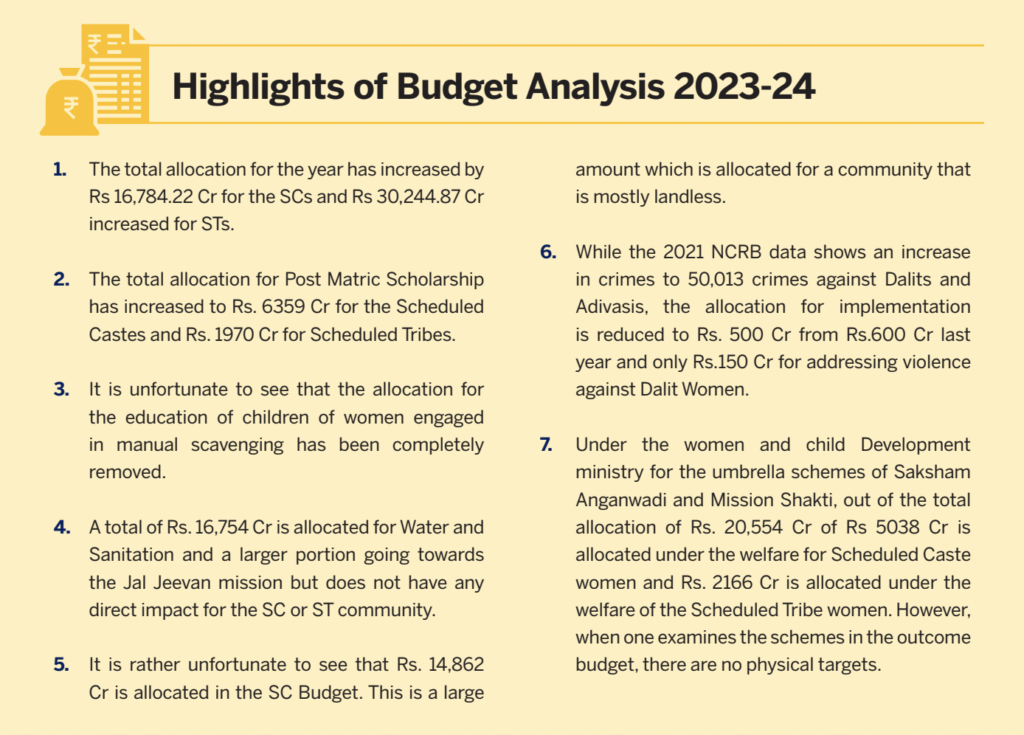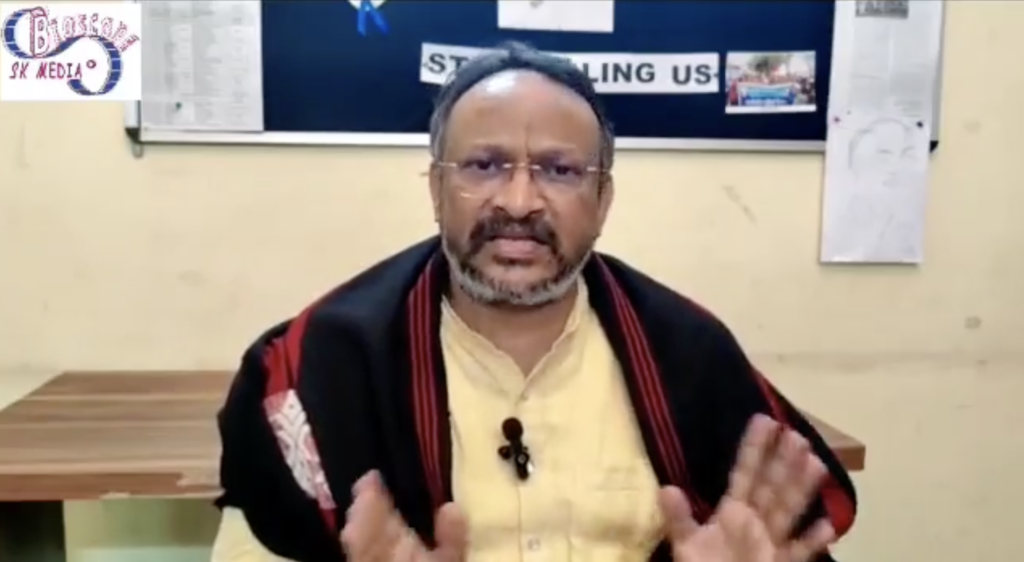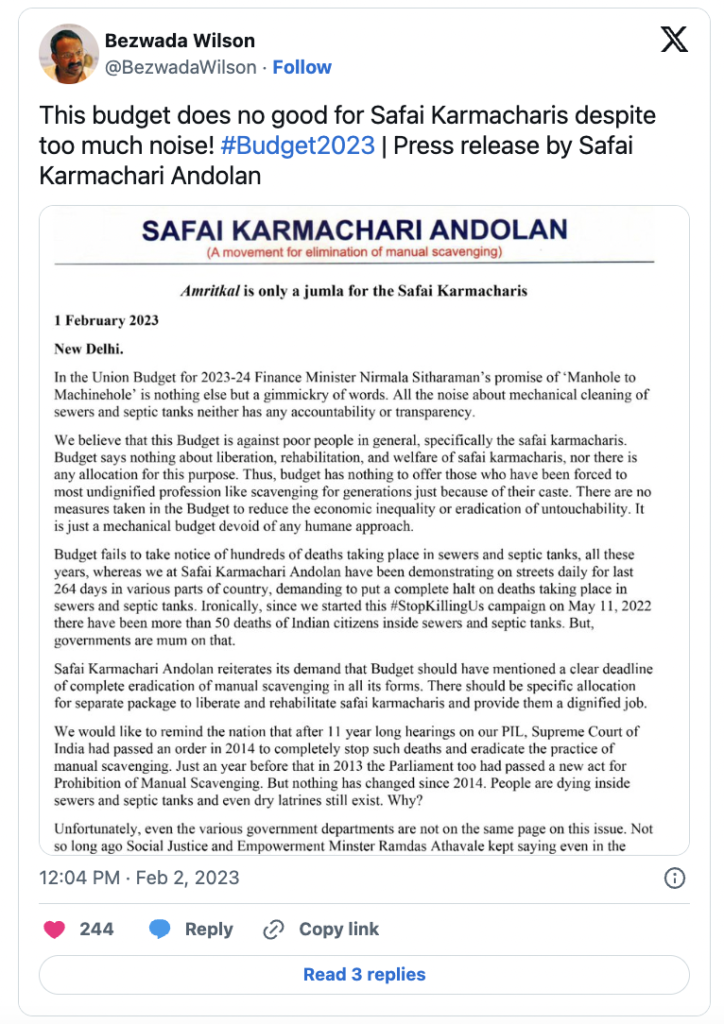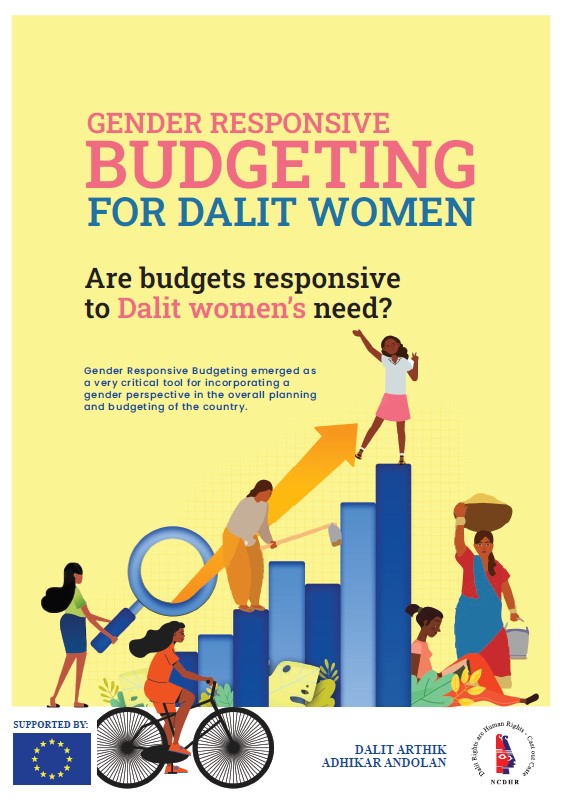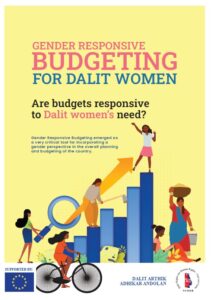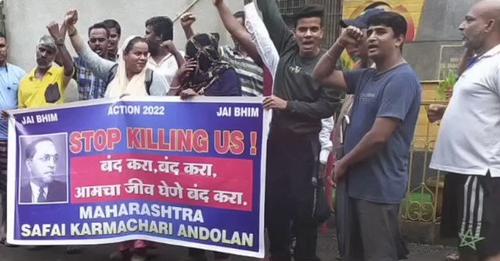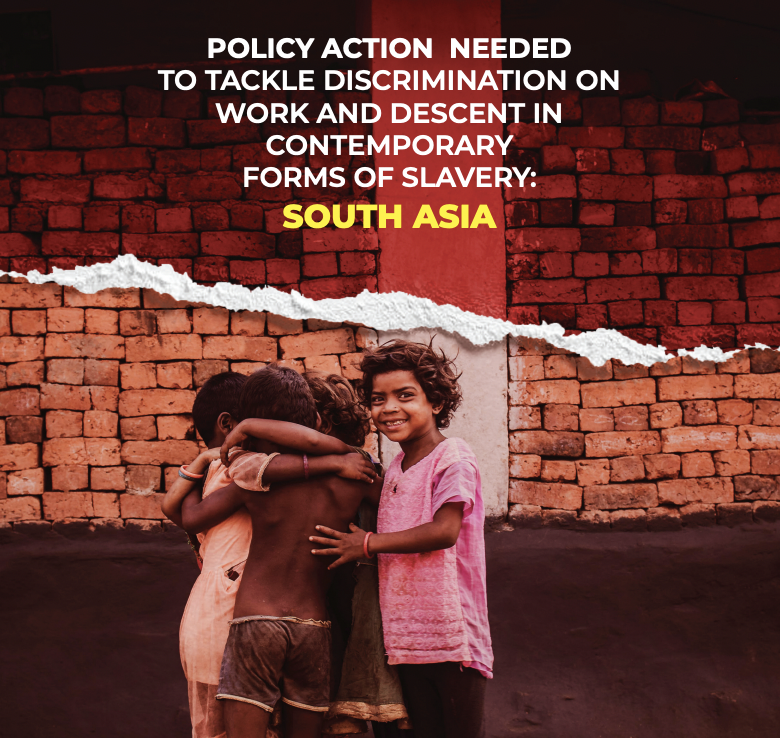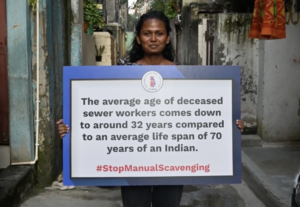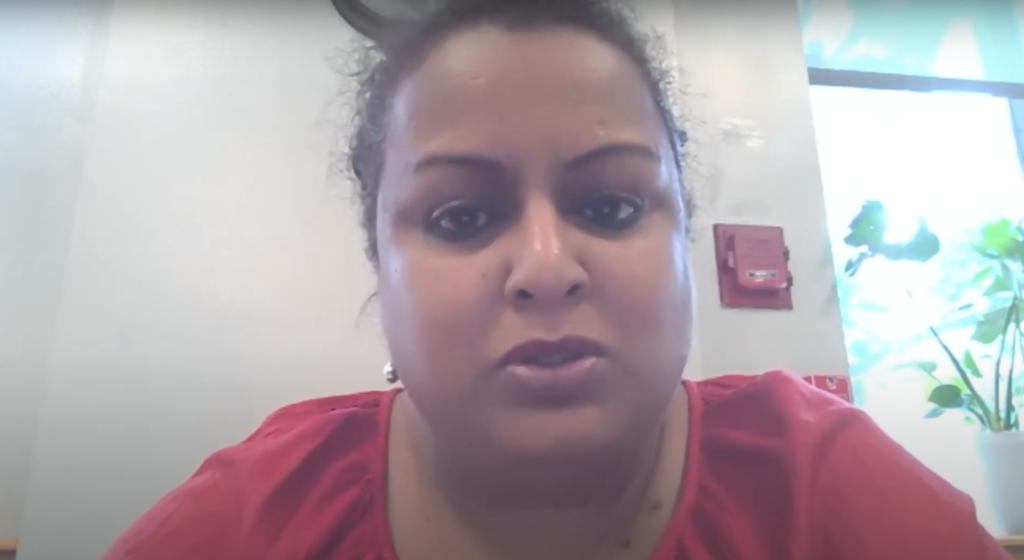
The Dalit and Adivasi Budget Analysis (DABA) provides a thorough analysis of the Union Budget and examines the budget allocation for the Scheduled Castes and the Scheduled Tribes. In 2023, the findings were particularly concerning and newsworthy, as numerous government schemes intended to support these groups have had reduced allocations, while many general schemes are counted as part of the budget for these groups, although they are not directly targeted to them.
Contrary to the commitment to end manual scavenging, no funds were allocated for the rehabilitation of manual scavengers under the self-employment scheme, the scholarship programme for children of people engaged in manual scavenging has been dropped, and the National Safai Karmachari Finance and Development Corporation received a negligible allocation.

